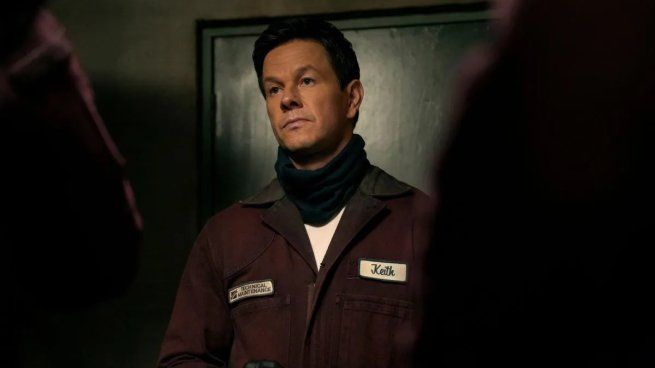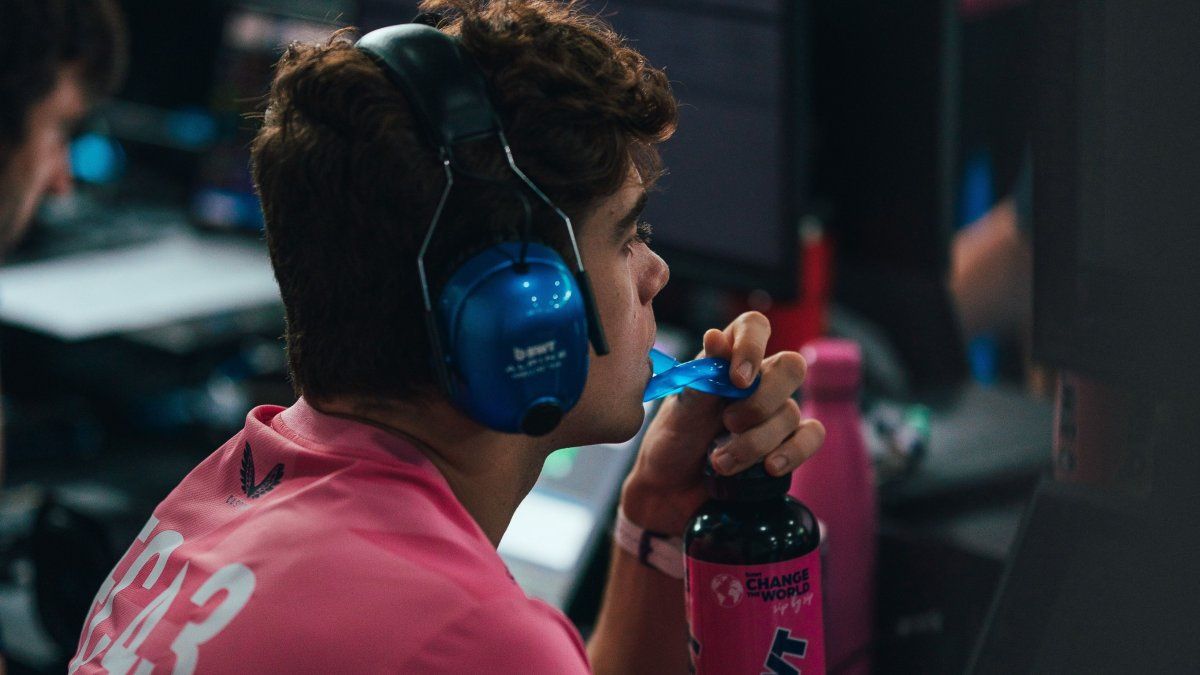Thousands of war refugees are also flocking to Germany. Chancellor Scholz and the heads of government of the 16 countries are advising on how to deal with them. Before that, the Ukrainian President wants to address the members of the Bundestag.
Thousands of war refugees from the Ukraine come to Germany every day – now the federal and state governments are discussing their accommodation, care and distribution.
Chancellor Olaf Scholz (SPD) wants to talk to the heads of government of the 16 federal states in Berlin, among other things, about how to deal with the refugees. Before that, the Ukrainian President Volodymyr Zelenskyy wants to address the members of the Bundestag in a video address.
Zelenskyj has also given such speeches in the US Congress and in the EU Parliament. He is expected to ask Germany for further financial support and arms supplies. The speech is scheduled 20 minutes before the start of the regular session. There is no discussion afterwards. The CDU/CSU and the Ukrainian ambassador Andrij Melnyk had demanded a government statement from Scholz.
As in the Prime Ministers’ Conference, the fate of the refugees is also an issue in the Bundestag. In a current hour at the request of the Union, the care, registration and distribution of war refugees should be dealt with. CDU/CSU accuse Interior Minister Nancy Faeser (SPD) of paying too little attention to coordination.
According to the Federal Ministry of the Interior, almost 175,000 people from Ukraine had been registered on Wednesday since the Russian attack began on February 24. Most are women and children. However, only those identified by the federal police are recorded. As a rule, there are no fixed border controls at the EU’s internal borders, and Ukrainians are allowed to enter the country without a visa – the number of people who have arrived is therefore probably significantly higher. According to the UN, more than three million people from Ukraine have already sought refuge abroad.
Prime Ministers are demanding money from the federal government
Prime Ministers such as Markus Söder (Bavaria/CSU), Malu Dreyer (Rhineland-Palatinate/SPD) and Bodo Ramelow (Thuringia/Left) are demanding financial support from the federal government for the accommodation of the refugees. Söder told the news portal “The Pioneer” that the big cities in particular would reach their limits. “The federal government must not leave the states and municipalities alone.” Many countries are overwhelmed with the financing, so the costs have to be taken over completely. The Association of Cities expects billions in costs. “About 1,000 euros per person and month must be set aside for accommodation and integration,” said General Manager Gerd Landsberg of the “Bild” newspaper. “We are facing huge challenges in terms of accommodation and care.”
Thuringia’s Prime Minister Ramelow also called for the federal government to contribute financially to the costs. “I expect a regulation on the assumption of costs so that we can make clear statements to cities and municipalities,” he told the editorial network Germany (RND).
The Rhineland-Palatinate Prime Minister Dreyer told the “Rheinische Post”: “We agree with the federal government and among the states that we should also help people. The prime ministers’ conference will be about how this task can be tackled by the federal and state governments in solidarity.”
Registration and distribution of the refugees
Söder insists that the federal government must create clear rules for the accommodation of people from Ukraine. “The basic requirement is the registration of all those seeking protection. This is the only way we can organize the distribution within Germany in solidarity,” he told the news portal “The Pioneer”.
Ramelow said uniform regulation was needed for distribution. “We therefore also have an interest in the refugees being recorded. Then billing can be done according to the Königsteiner key.» The name Königsteiner Schlüssel goes back to the Königstein State Agreement of 1949, which regulated the financing of scientific research institutions. It consists of two thirds from tax revenue and one third from the population of the federal states.
On the other hand, the aid organization Pro Asyl spoke out against distributing Ukrainian refugees to the federal states according to a fixed key. Instead, accommodation with Ukrainian relatives in Germany should have priority, said Pro Asyl managing director Günter Burkhardt to the newspapers of the Funke media group. Around 150,000 people from Ukraine have been living in Germany for a long time.
The German Association of Cities called on the federal and state governments to distribute the refugees better and to make firm commitments to finance the care. “Especially in the big cities, the new emergency shelters in exhibition and event halls will soon be overcrowded,” said City Day President Markus Lewe to the editorial network Germany (RND).
MPK also advises on increased energy prices
At the Prime Ministers’ Conference (MPK), other topics related to the Ukraine war are also on the provisional agenda available to the German Press Agency. Among other things, it should be about the increased energy prices and an accelerated energy transition. The effects of the sanctions against Russia on the German economy and aid from the federal government should also be an issue.
Stoltenberg near Scholz
Scholz is meeting with NATO Secretary General Jens Stoltenberg this Thursday in the Chancellery in Berlin for talks about the Ukraine war. The heads of state and government of the NATO countries will meet next week for a special summit on Russia’s war against Ukraine. The meeting is to be organized for March 24 at the alliance headquarters in Brussels. US President Joe Biden will also come to the Belgian capital, who will then also take part in an EU summit.
Source: Stern
David William is a talented author who has made a name for himself in the world of writing. He is a professional author who writes on a wide range of topics, from general interest to opinion news. David is currently working as a writer at 24 hours worlds where he brings his unique perspective and in-depth research to his articles, making them both informative and engaging.




